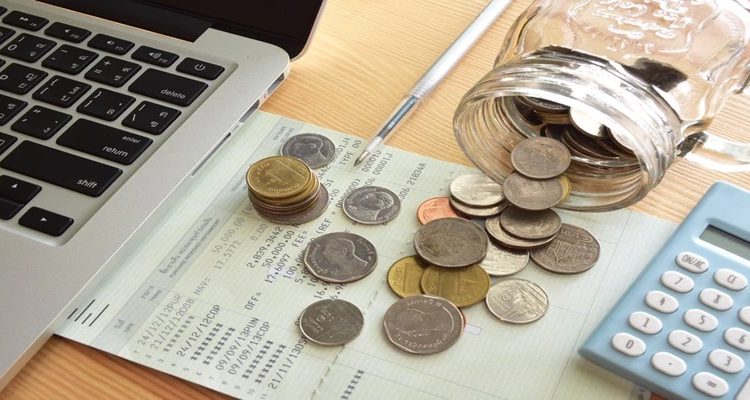Being your own boss is a great idea until you realize your responsibilities. You need to become an all-rounder and balance all the responsibilities of the business. Among all the other aspects, finance plays a huge role in one’s business. It is essential to handle finance properly in order to make profits as well as to enjoy the fruit of your hard work. A few tips that can help self-employed people to manage their finances are given below.
Prepare a budget
The first step to financial management is to prepare a budget. The budget should be made with consideration to certain aspects such as the financial records, cash flow and spending’s. It should be prepared with all the components of income and expenses. The income of a self-employed person may vary from month-to-month; thus, it is advisable to consider an average income. The expense section should include child care, insurance, other household expenses etc.
Take a salary
The most important financial management tip for any self-employed person is to take a salary. This helps to manage the finance without mixing up. As you take a salary, you can have a clear idea of the finance of the company as well as enjoy the hard-earned money. Deciding your salary is in your hands and you have to decide it from the perspective of a business owner. There will be months when the business will have greater profit, but it is advisable to use the surplus into the improvement of the business instead of increasing your “salary”.
Keep a check on taxes
Being self-employed increases your responsibilities. You should make sure that taxes are being paid regularly. The amount and schedule may come as a surprise if you have not planned for it beforehand. One may even opt for investing in tax-saving investments. A self-employed person should have knowledge about the laws and tax exemptions so that he can use it whenever needed. There are tax deductions for self-employed people and one needs to claim it at the end of every financial year.
Calculate in Percentage
It is always advisable to save 30% of your salary, spend the next 20% on the basic necessities and 10% on taxes. Planning and calculating the expenses in percentage can help to manage the finances in a simpler way.
Opt for insurance
Insurances come into aid in times when life uncertainties hit you hard. Hence, one must plan for it. It is advisable to search, compare and invest in the Best Life Insurance Companies and best life insurance policies in India. One can opt for terminsurance for the maximum coverage.
Save for an Emergency
An emergency fund is essential to maintain so that one does not face extreme difficulty in dealing with an unexpected event. Every self-employed person should plan and save for an emergency to face the worst-case scenario. The emergency fund should be such an amount that it can support a family for 3-5 months.
Plan for retirement
You can never be too early or late to plan for retirement. This plan can be designed by an individual or a professional. For a self-employed person such as a freelancer or owner of small business, the retirement plan should be routed much before he decides his own retirement. There are two kinds of retirement plans for self-employed people, namely, the Simplified Employee Pension IRA or SEP IRA, and the solo 401k. These can be considered a smart investment option for self-employed people.
A smart, organized and disciplined spending for a self-employed person can help him to maintain his finances well. One may take some time to sort out the finances but once it’s done, tedious parts such as taxes, budgeting, etc. will become easier.












